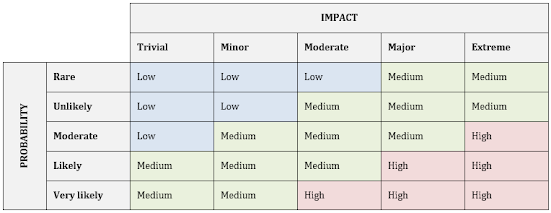The Senior Secret: It's Not About Tools, It's About Fundamentals
For years, we’ve labeled communication, empathy, adaptability, and leadership as soft skills. The name itself carries an unintended weight — soft suggests something secondary, less rigorous, even optional. But in today’s world, these are not soft at all. They are fundamental.
We’re living in an era where AI can out-compute, out-analyze, and out-automate most technical or procedural work. Algorithms can generate code, summarize research, and even draft reports faster than any human. What AI cannot replicate — at least not yet — are the deeply human capabilities: the ability to read a room, inspire trust, resolve conflict with empathy, or lead people through uncertainty.
These are not “nice-to-haves.” They are the very skills that determine whether teams thrive or collapse, whether ideas take root or wither, whether organizations merely function or truly innovate.
Why “Fundamental Skills” Matters
Renaming them fundamental skills reframes their role. They are not complementary to “hard skills” — they are the foundation upon which everything else is built. Without them, technical expertise often fails to find its impact.
A brilliant strategy can be wasted without the skill to communicate it. The most advanced technology can remain unused if no one inspires people to adopt it. Innovation can stall if a team doesn’t know how to navigate conflict, uncertainty, and change together.
Humans, Not Machines
This is where humans step ahead of machines. AI might process information, but it cannot build relationships. It can simulate empathy, but it cannot feel it. It can predict decisions, but it cannot create trust.
That’s why, in the age of AI, fundamental skills are not just important — they are decisive.
Career Development Advice
If you want to remain relevant and make an impact, the path is clear: sharpen your fundamentals.
Invest in how you listen, how you collaborate, how you handle ambiguity, how you lead others when the answers are not obvious.
Be two steps ahead, give more out of yourself, never stop learning and growing. Give more than you have to. Give without keeping score. Give because you can.
This approach builds trust, unlocks opportunities, and inspires others to do the same.




Comments
Post a Comment
Respect...